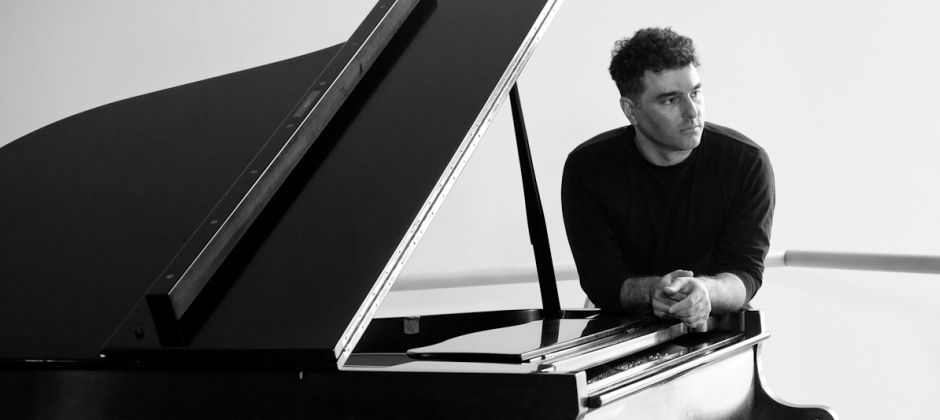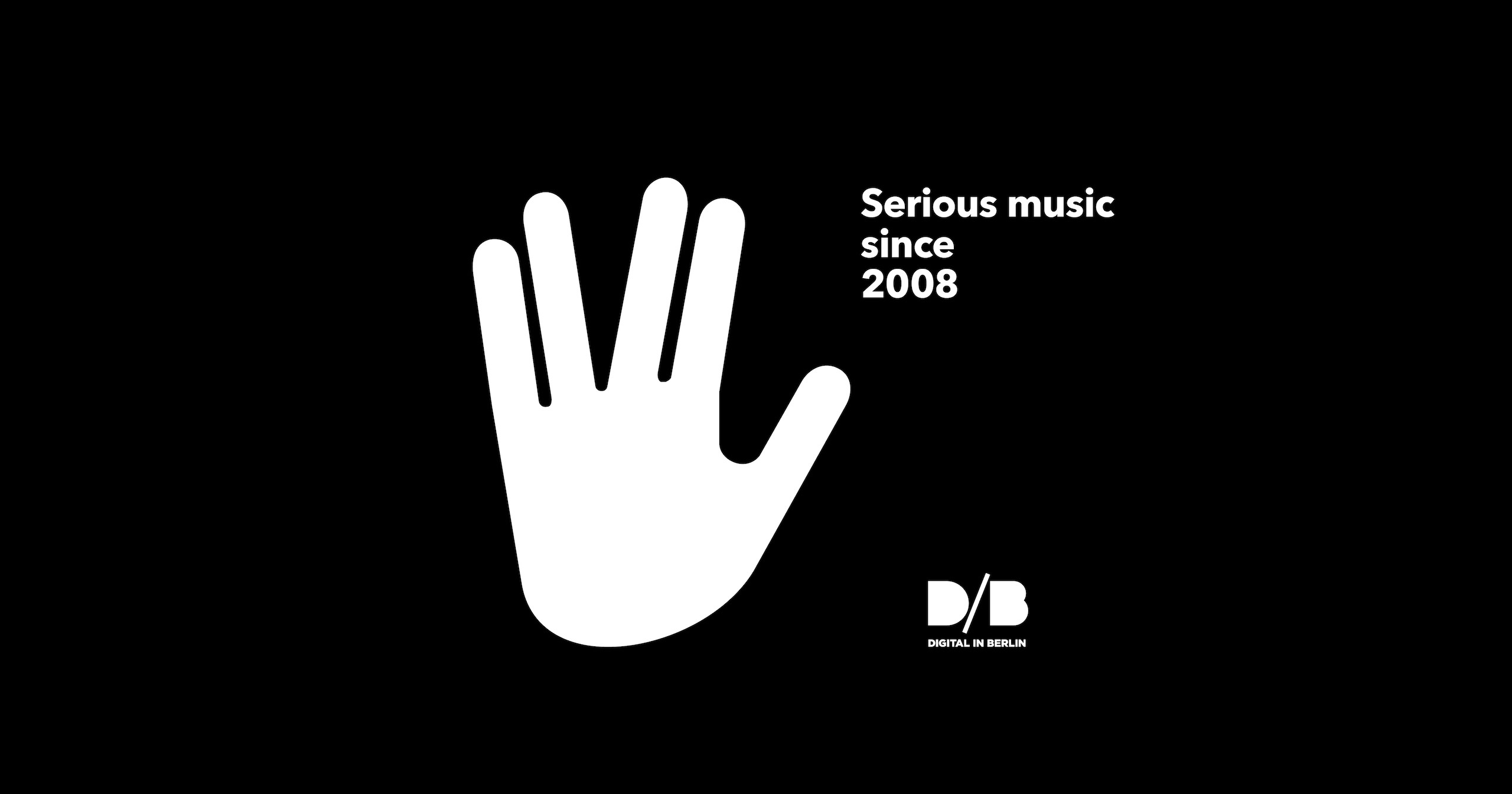John Kameel Farah is a composer, pianist and visual artist based between Toronto and Berlin. He studied composition and piano performance at the University of Toronto, where he received the Glenn Gould Composition Award twice during his studies. In 1999 he had private lessons with Terry Riley in California, and later at the Arabic Music Retreat in Hartford.
Facts
1: In 1982, my mom published a cookbook called “Ah! Cooking the Middle Eastern Way”. It’s the pride of the family.
2: According to Lawrence Krauss, the largest explosion so-far observed in the universe since the Big Bang is an Active Galactic Nucleus, some 2.5 billion light-years away. It’s some 600 light-years wide (6 times bigger than the Milky Way) and has been been burning for the last 100 million years, powered by a super-massive black hole at the center. Most probably any chance of life inside it has been totally fried.
3: A legend about the origin of the name “Europe”: Zeus was enamoured with Europa, daughter of the Phoenician king of Sidon. He transformed himself into a white bull, seduced and then kidnapped her, taking her across the Mediterranean to Crete, where she became the island’s first queen. Not a fact, just a poetic image that symbolizes the connection between “East” and “West”.
Questions
1.What is the biggest inspiration for your music?
Astronomy is a constant. I try to follow developments in science, here and there. History, politics and world events are depressing, but you can’t help but want to address this somehow through your music, and maybe you and your listeners might be moved to see things in different ways.
When I think of it, infinite is lurching forward. Do the laundry, make some popcorn, infinite is still sprouting possibilities. A gazillion years from now, the infinite fountain still didn’t run dry. I don’t get it! But it keeps me wondering.
Aside from all that stuff, you just have a basic drive to create. You take little bits of the world, juxtapose, flip & re-arrange them and see what happens. You’re discovering shades of emotions that haven’t been labeled yet. So it pulls me along, to try to catch that hidden atmosphere or forgotten place in the back of your mind, that when you manage to capture it, maybe someone hears it and says “I feel I was there, once.”
2. How and when did you get into making music?
I heard my sister playing Bach’s Two-Part Invention in F major when I was seven and asked my parents for piano lessons.
3. What are 5 of your favourite albums of all time?
There’s just too much music around nowadays to choose. But recently I’ve been listening to the symphonies of Arthur Honegger.
4. What do you associate with Berlin?
Order and chaos.
5. What’s your favourite place in Berlin?
The Ishtar Gate of Babylon, in the Pergamon, is my fav. The entrance to the Kaisers at Kottbusser Tor is my least favourite spot.
6. If there was no music in the world, what would you do instead
Art, along with science, is one of the only positive things that humanity leaves behind over the centuries. In 1971 Glenn Gould interviewed conductor Leopold Stokowski, and asked him: if you visited an alien civilization that functioned perfectly and peacefully, without war or poverty, but had no form of art – would you introduce them to the arts? Stokowski answered that he still would. Maybe I’d be a sci-fi writer.
7. What was the last record/music you bought?
Vangelis: Albedo 0.39
8. Who would you most like to collaborate with?
Wendy Carlos.
9. What was your best gig (as performer or spectator)?
The nature of my music has given me chances to play in a strange variety of performance spaces, some awesome and some horrible, sometimes both. One amazing one was in 2007; I gave a concert at the Great Pyramid of Cholula in Mexico, with an Astro-physicist named John Dubinski who was invited to an astronomy conference, to project his simulations of galaxy collisions on to the pyramid, while I played a live soundtrack. That was pretty cool. The comically disastrous gigs, I’ll save for a coffee-table book one day.
10. How important is technology to your creative process?
I wouldn’t be able to realize my “imaginary shadow-orchestra” without electronic gadgets, synthesizers and computers, so I’m glad to be able to take advantage of this age’s technology. But for me, ultimately everything starts and ends with the piano.
11. Do you have siblings and how do they feel about your career/art?
I have two older siblings. We live on different continents and pursued very different directions in life. One is a scientist, the other’s background is in both science and visual art. I often think, it would be interesting to hear what kind of music a scientist would come up with, or what kind of scientific approaches a musician or artist might have.

